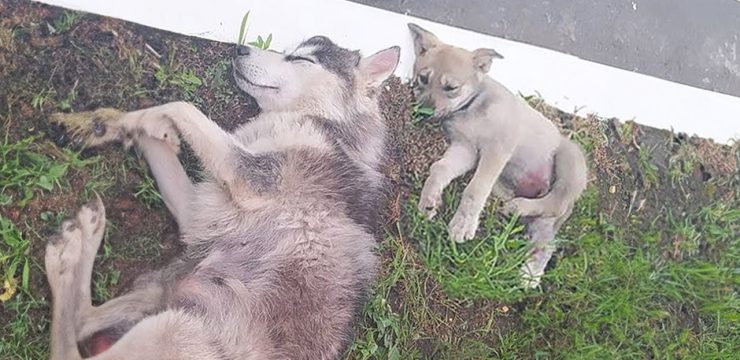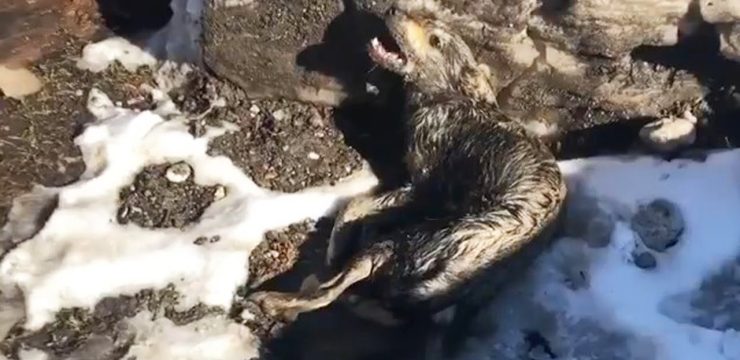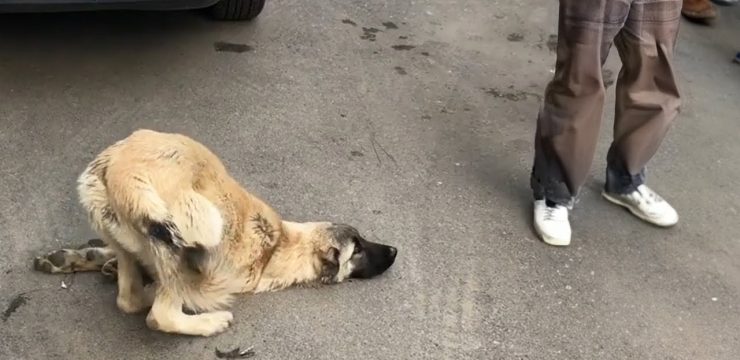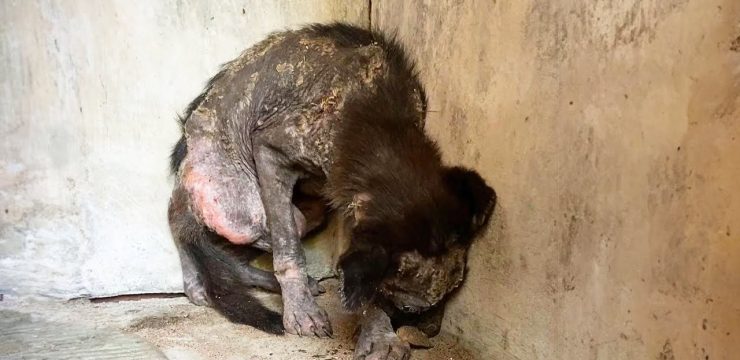Assassin bugs, often referred to as “kissing bugs,” are increasingly becoming a concern in the United States, especially in southern regions. These insects are more than just a nuisance; they pose a serious health risk because they can transmit Chagas disease, a potentially life-threatening illness. Understanding how to react if you get bitten, how to prevent encounters, and what symptoms to watch for is critical to protecting yourself and your loved ones. Here’s everything you need to know, explained clearly and thoroughly to help you stay safe and informed.
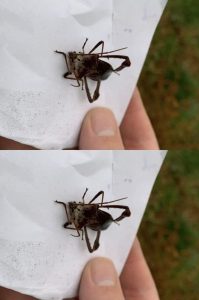
First, it is important to recognize where assassin bugs tend to live. These bugs favor environments that provide shelter and easy access to food sources. They often hide in gardens, underneath porches, near woodpiles, and sometimes even inside homes, especially in areas that are cluttered or have easy entry points. They are nocturnal feeders, meaning they are most active at night, and they typically feed on the blood of mammals, including humans. Because of their nocturnal habits and preferred hiding spots, they can sometimes go unnoticed until a bite has already occurred.
If you find yourself bitten by an assassin bug, it is crucial not to panic but to take immediate and careful steps. Typically, an assassin bug bite is not instantly painful; some people might not even feel it right away. However, the greater danger comes not from the bite itself but from what follows. After feeding, the bug often defecates near the bite site. If the parasite-carrying feces are accidentally rubbed into the wound, eyes, mouth, or any mucous membrane, infection can occur, leading to Chagas disease.
As soon as you realize you have been bitten, it is important to thoroughly clean the area with soap and water. Avoid scratching the bite or touching it with dirty hands. Applying an antiseptic to the wound can help minimize the risk of infection. If possible, capture the insect safely in a sealed container for identification. This can assist medical professionals in determining the appropriate course of action.
After initial wound care, seek medical attention promptly. Even if you feel fine, it is essential to get checked because Chagas disease often has a silent beginning. In the early stages, symptoms may include mild signs such as headaches, fever, rashes, fatigue, and swelling at the site of infection. However, many individuals may show no symptoms at all until the disease progresses to a more dangerous, chronic phase. Over time, untreated Chagas disease can cause severe cardiac and digestive system complications, which might become life-threatening.
Doctors can perform blood tests to check for the presence of the parasite, Trypanosoma cruzi, which causes Chagas disease. Early detection is vital because treatments are most effective when administered during the initial acute phase of the infection. Medications such as benznidazole or nifurtimox are commonly prescribed to kill the parasite and prevent long-term health issues.
Preventing encounters with assassin bugs is another key part of staying safe. Since these bugs often live outdoors but can make their way indoors, keeping your living spaces clean and secure is essential. Start by reducing clutter in your yard, especially near your house. Remove piles of wood, brush, or leaves that could serve as hiding spots. Seal cracks and gaps around windows, doors, and foundations to prevent bugs from entering your home. Repair or install screens on windows and doors to add another layer of protection.
If you have outdoor pets, provide them with sleeping areas that are elevated off the ground and housed in clean, protected structures. Regularly check these areas for signs of insect activity. It’s also a good idea to inspect and shake out bedding, clothing, or anything left outdoors before bringing it inside.
Staying informed about the presence of assassin bugs in your region is another proactive step. Many local health departments and pest control agencies provide information about pest activity in specific areas. Being aware of an uptick in sightings can help you remain extra cautious during high-risk periods.
Although the idea of contracting a serious illness from a bug bite can be frightening, staying vigilant and knowing how to react greatly reduces your risk. Quick and thorough wound care, prompt medical evaluation, and smart preventative measures can make all the difference.
It is also important to educate family members, particularly children, about these bugs. Teach them not to touch strange insects and to always report bites or insect sightings to an adult immediately. Having a plan in place and ensuring everyone in the household knows what to do can further minimize risks.
In conclusion, while assassin bugs, or “kissing bugs,” are becoming more common in the southern parts of the United States, knowledge and preparation are your best defenses. If you are bitten, clean the wound immediately, seek medical attention, and monitor for symptoms. Taking proactive steps to safeguard your home and surroundings will significantly reduce the chances of an encounter. Staying informed, practicing good hygiene after potential exposure, and acting quickly in case of a bite can protect you and your family from the serious risks associated with Chagas disease. Always remember that prevention, awareness, and early action are the most powerful tools you have in keeping your household safe from these blood-feeding insects.
